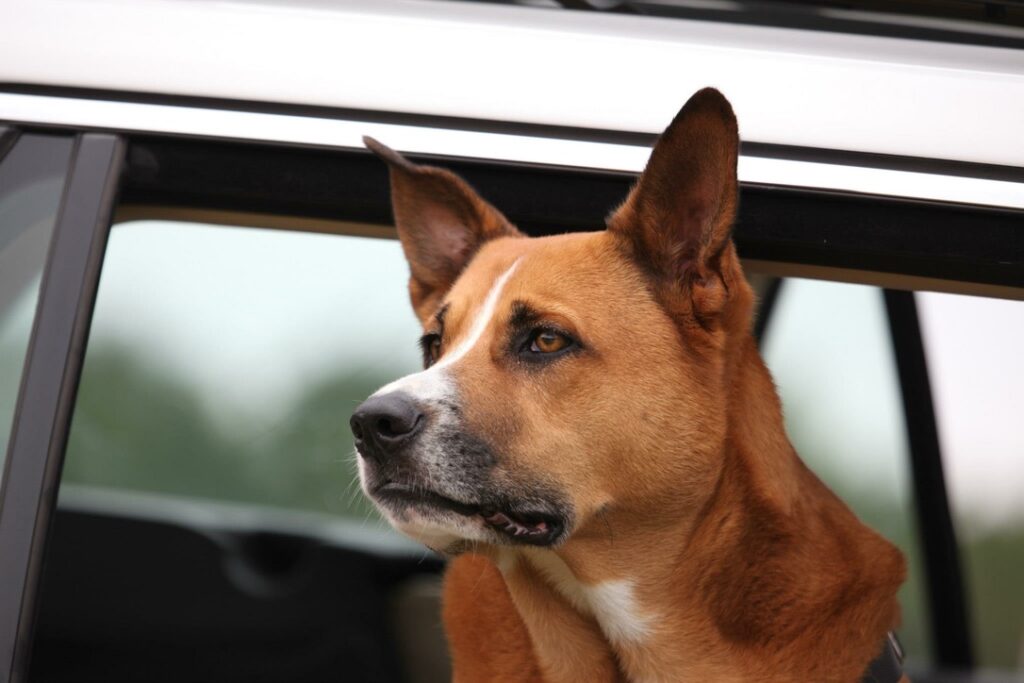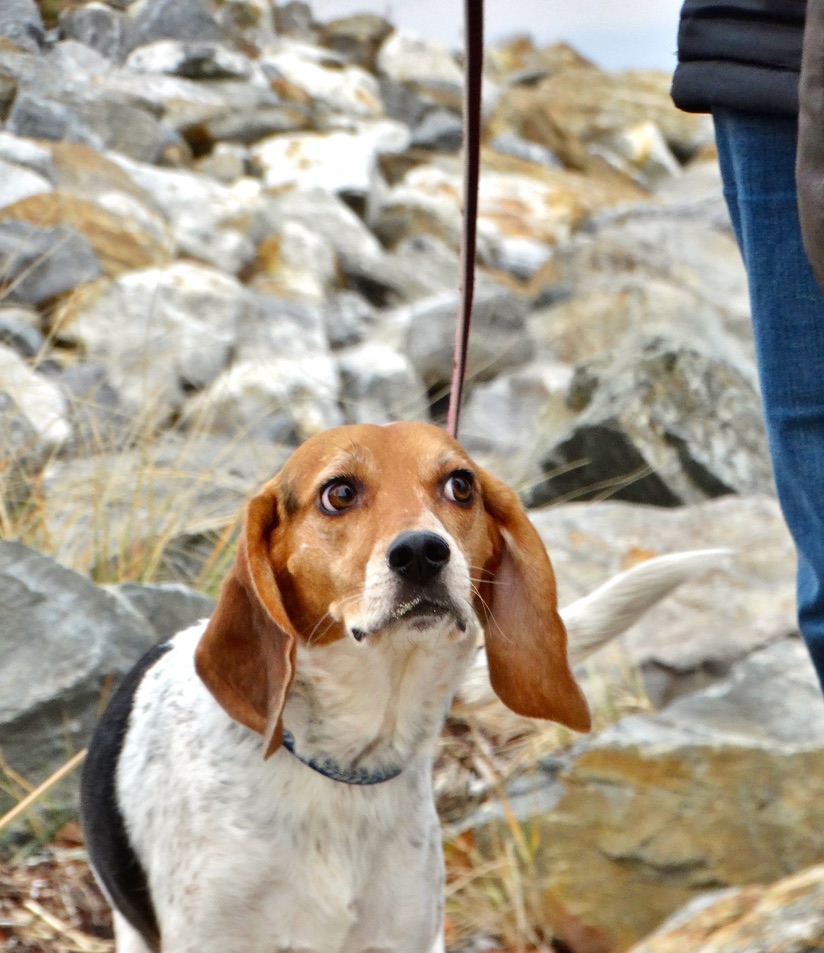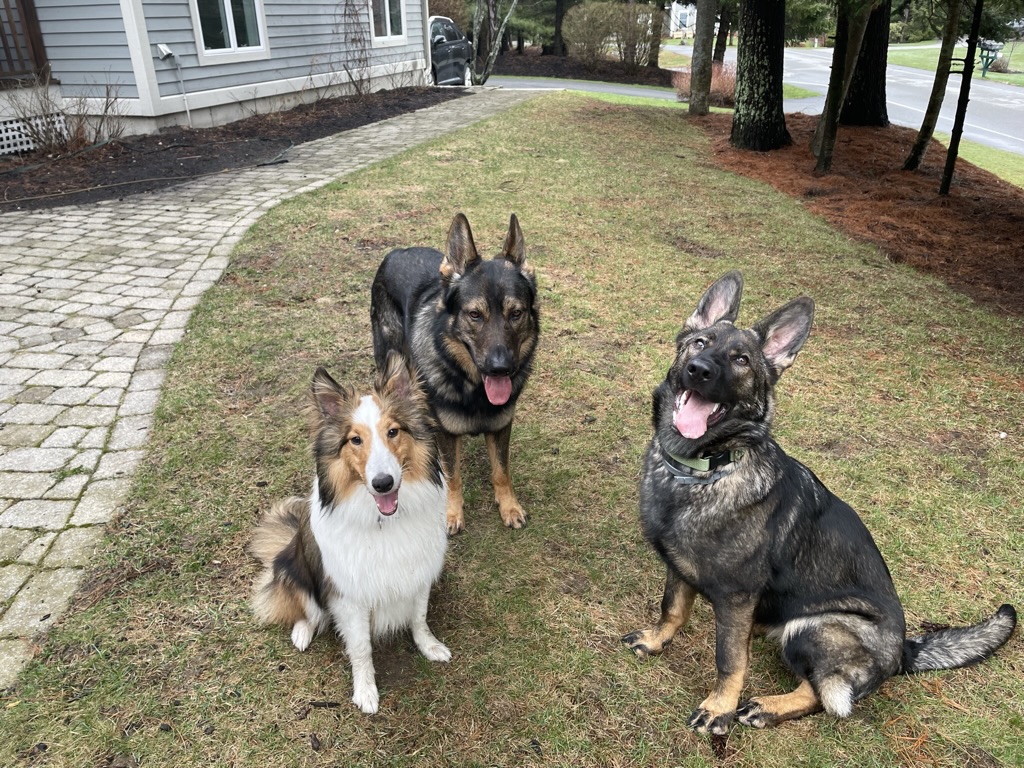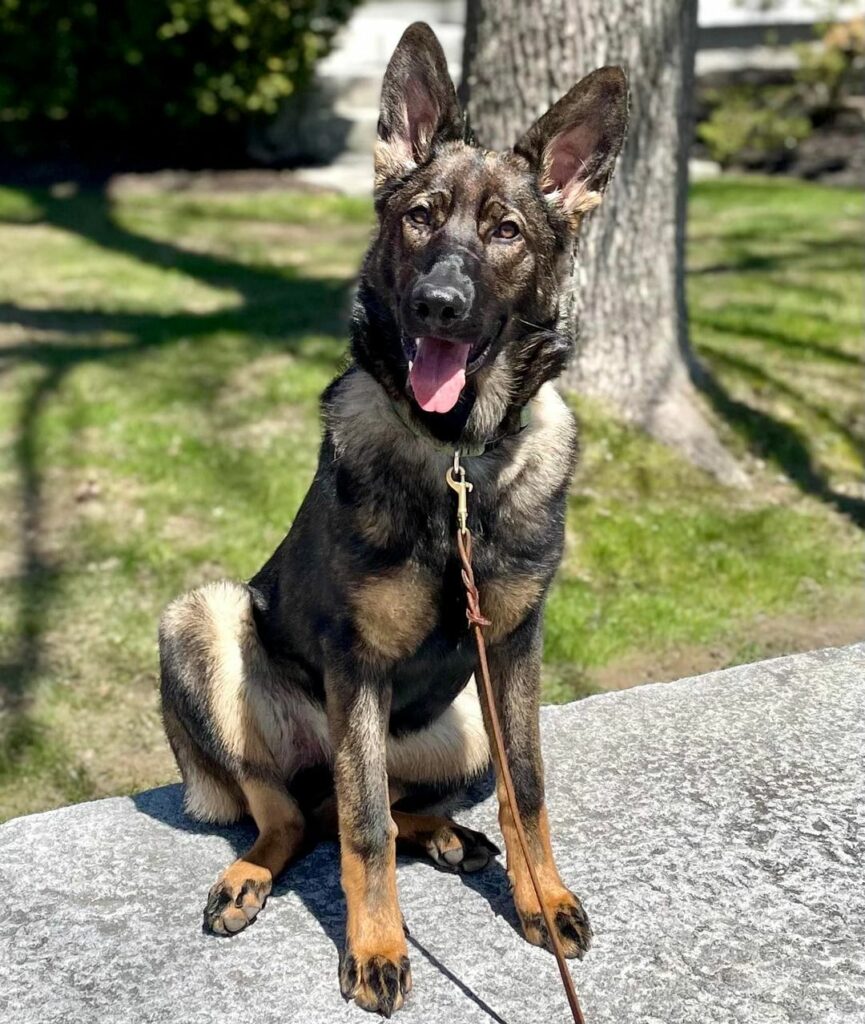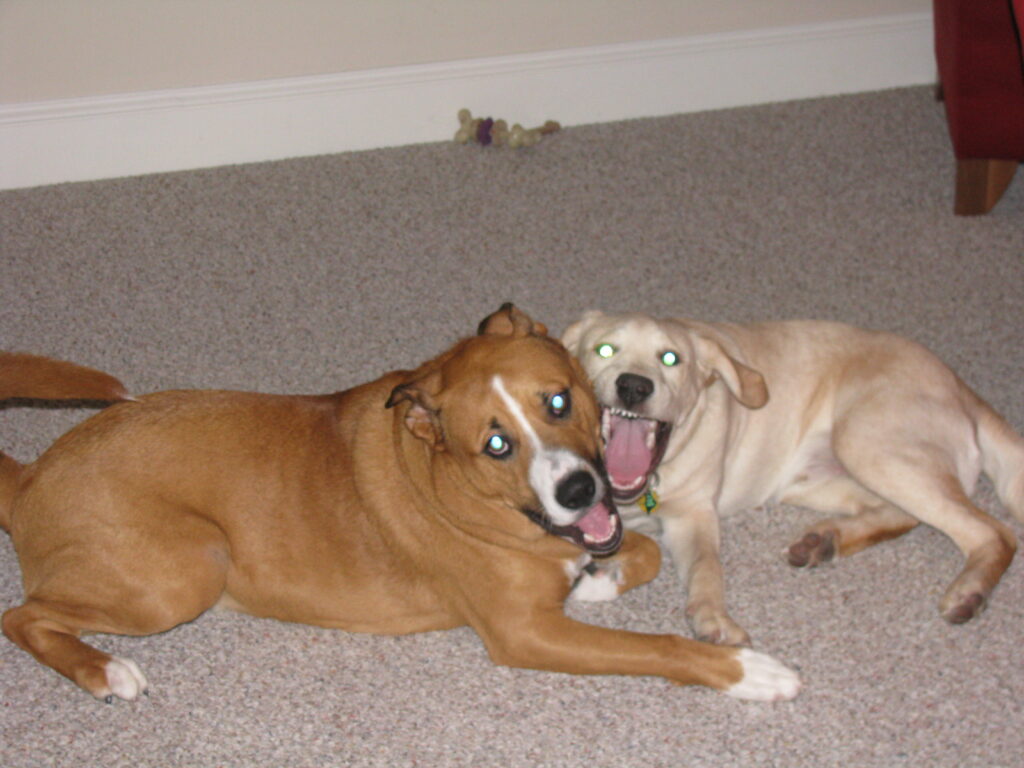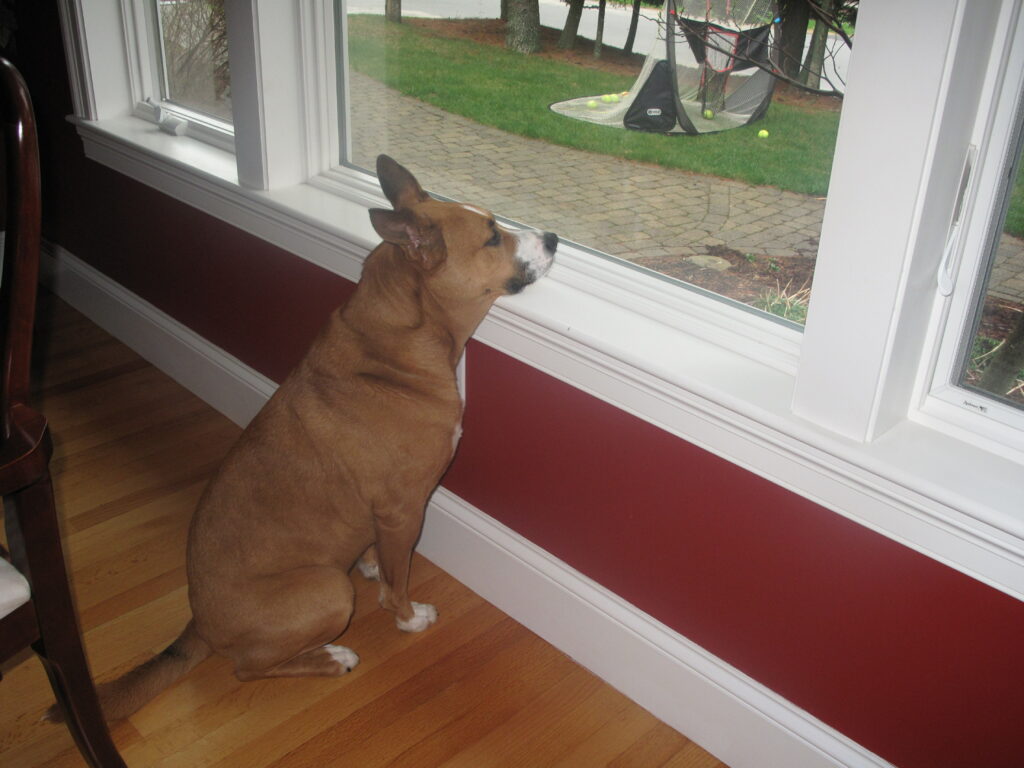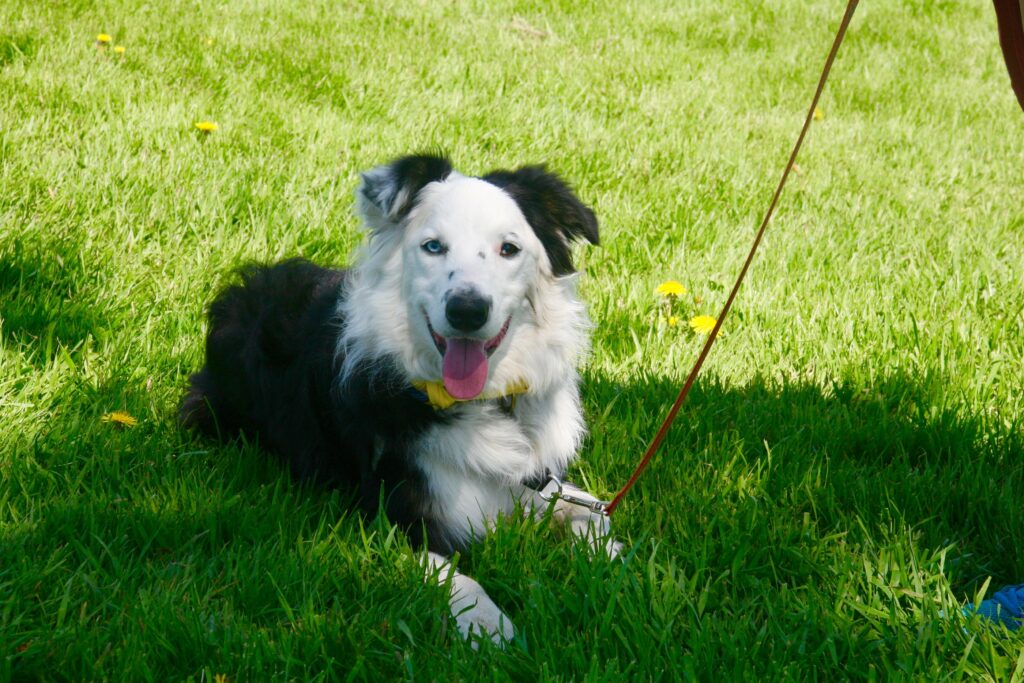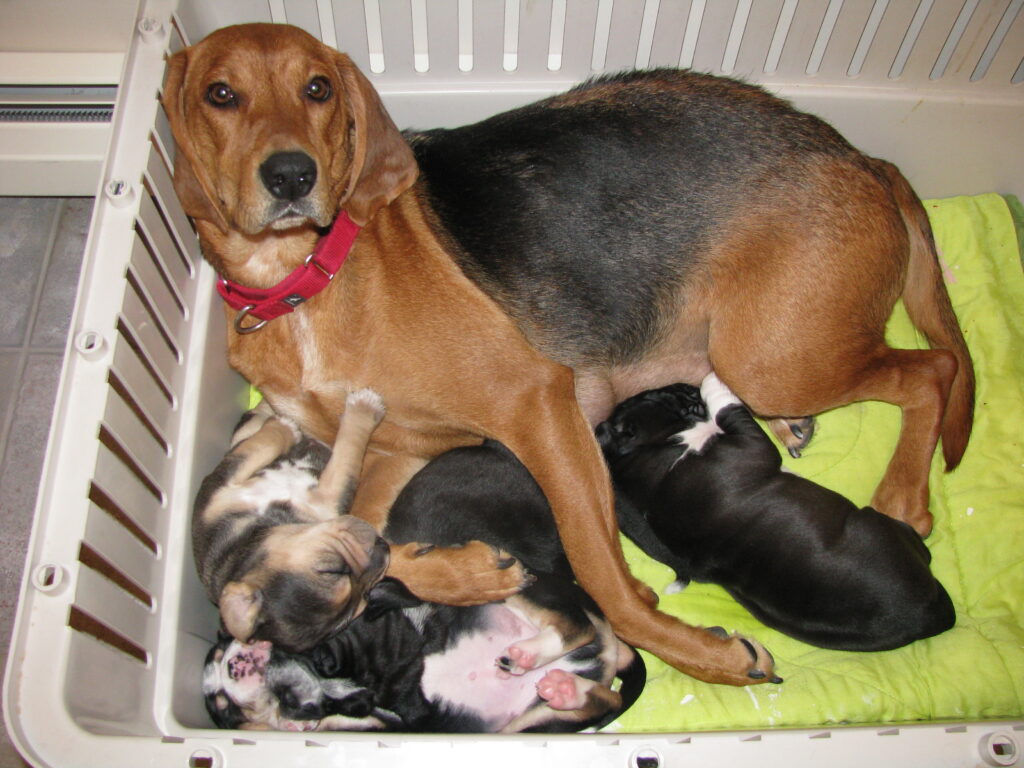Holiday Harmony: Tips for Handling a Territorial Dog
I can say for certain, that not every family member feels the same loving attachment about dogs as you do. This means not everyone visiting you during the holiday season will be forgiving when your adolescent dog barks, growls or nips their child. Having owned three territorial dogs, at the same time, I wanted to […]
Holiday Harmony: Tips for Handling a Territorial Dog Read More »


